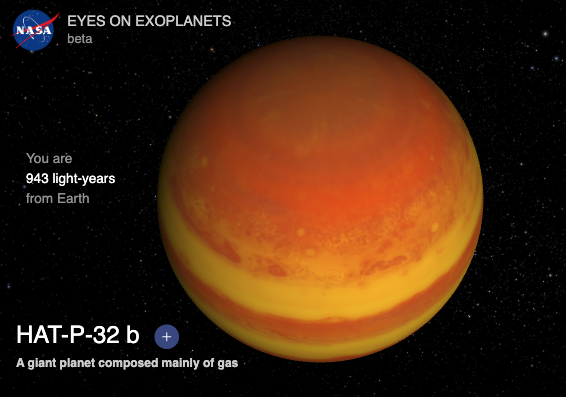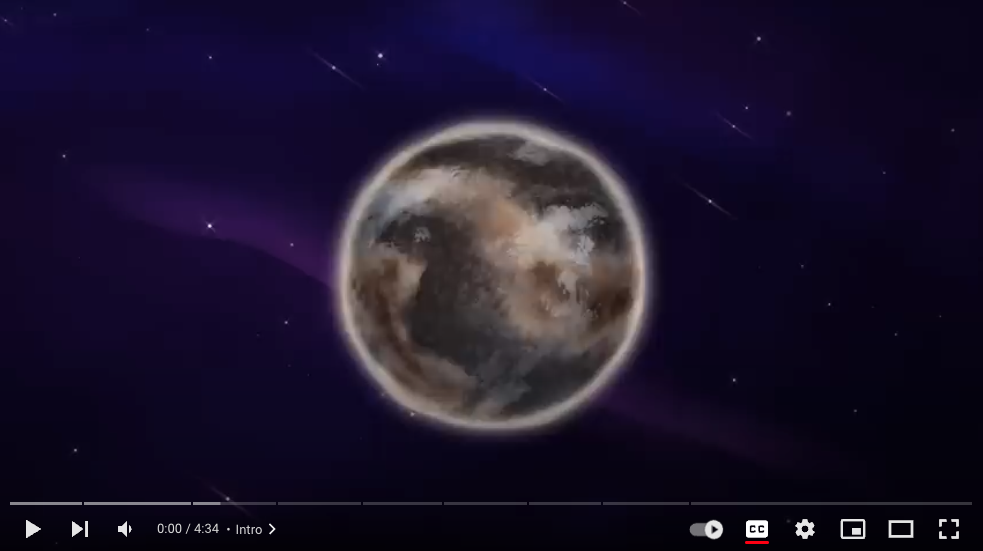astronomy
NASA citizen science Project: Discover Exoplanets and Measure their Light Curves!


When you look up into the night sky, do you wonder what’s out there beyond our solar system? So do we! Come join us in learning more about exoplanets, the worlds that orbit distant stars.

You don’t have to be a rocket scientist or an astrophysist to actively participate in studying distant worlds. We’ll teach you what you need to know to become a citizen scientist collecting important data on exoplanets, and you don’t even need to have your own telescope.
We do! However, due to weather limited observing time via our own Bush Telescope, we are using data gathered via the Pat Boyce Foundation robotic telescope - a grant to Bush School!
NASA’s citizen science projects welcome members of the public to work with NASA data, your own obervations of the night sky, or both. Through collaborations with NASA scientists, volunteers (known as citizen scientists) have helped make thousands of important scientific discoveries. By participating in Exoplanet Watch, you can work with NASA on exoplanet science and learn more about the process of doing science. You don’t have to be a professional scientist to participate.
What is an Exoplanet?
1. Schedule an Exoplanet observation using Harvard/Smithsonian DIY ExoPlanet Search
2. Practice plotting a light curve for HATP-32 b exoplanet. The light curve for this should be submitted - see links below
3. Locate and learn about your assigned Exoplanet. Learn about Transit Curves for Exoplanertary Systems
4. Search for your Assigned Exoplanet at the NASA archive here. Then Click below to get the Starfield Images, EXOTIC Jupyter Notebook in the table below to plot the Light Curve for your planet and complete your analysis!
| Team | AAVSO Exoplanet Images | Jupyter Notebook |
|---|---|---|
| Individual Practice | HAT-P-32 b | Bush EXOTIC Jupyter Notebook |
| Team Capella | WASP-183 b | Bush EXOTIC Jupyter Notebook |
| Team Polaris | HAT-P-53 b | Bush EXOTIC Jupyter Notebook |
| Team Vega | Qatar-4 b | Bush EXOTIC Jupyter Notebook |
| Team Arcturus | WASP-12 b | Bush EXOTIC Jupyter Notebook |
